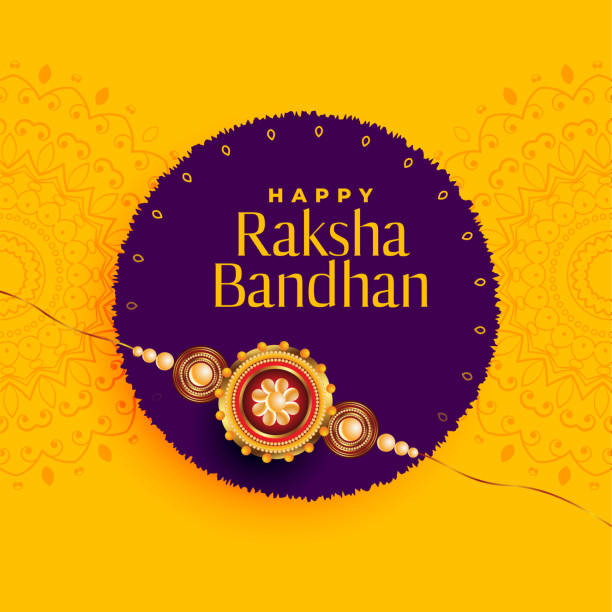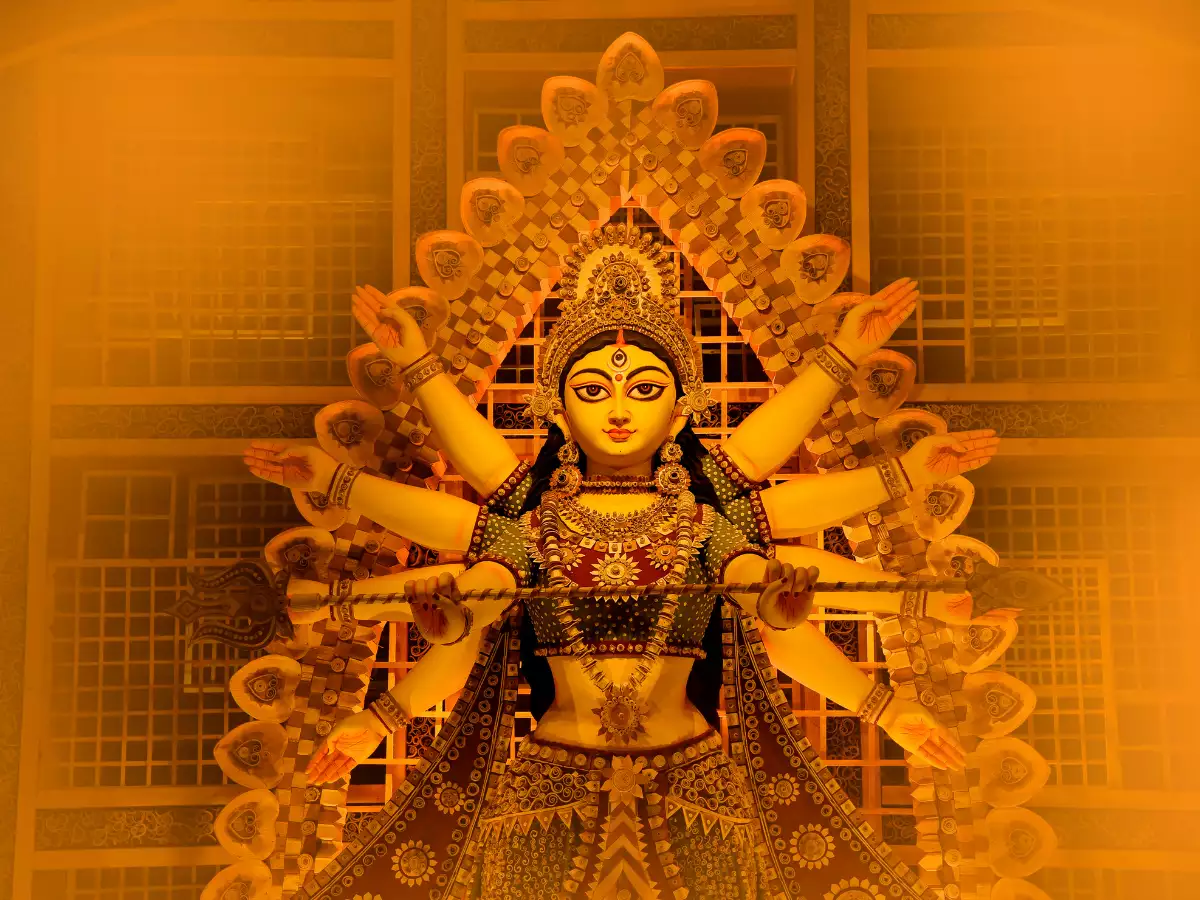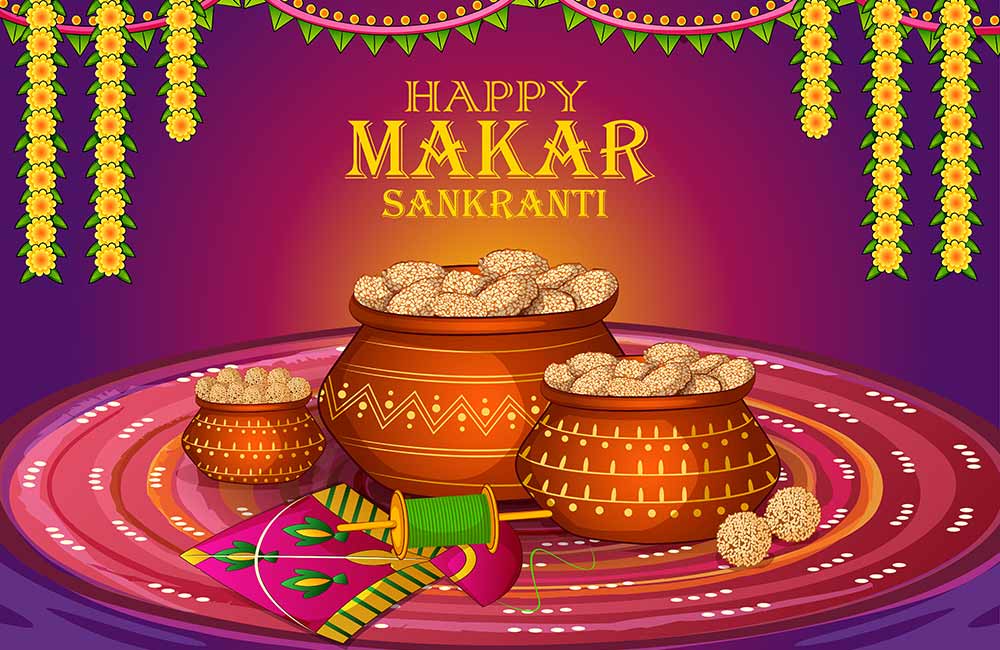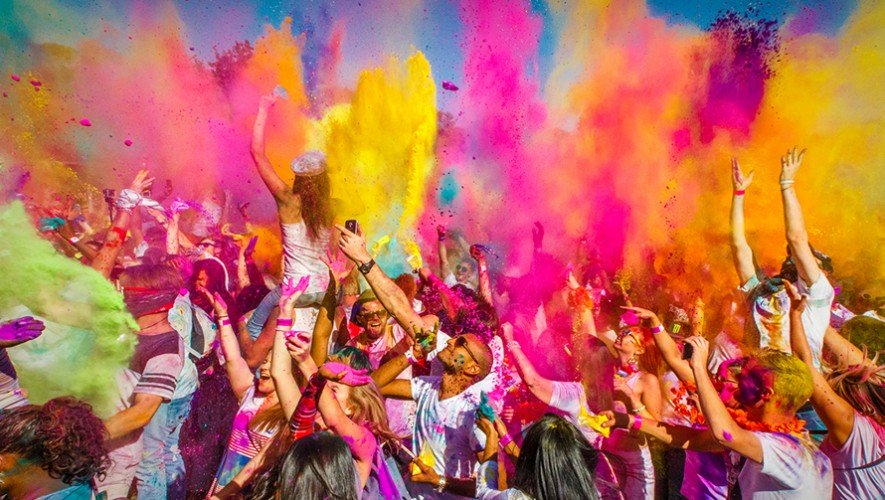India is a beautiful country full of diverse cultures and languages. Home to over 1.3 billion people, the Indian subcontinent is known for its rich and unique culture, as well as its many languages. India has been a melting pot of culture and tradition for centuries, with its multitude of languages, religions, and customs, it is a country like no other.
India is a country with a unique language and culture of its own. India has a long and varied history of influence from different cultures, and this has created a rich and diverse language and culture. From the ancient Vedic scriptures to the modern-day Hindi language, India has a diverse range of languages and cultures that make it a fascinating place to visit and explore.
The Many Languages of India
India is a vast country with many languages and cultures. While Hindi is the official language of India, there are 22 other official languages spoken in different regions across the country. The most commonly spoken languages are Bengali, Telugu, Marathi, Tamil, Gujarati, and Urdu. Other languages include Punjabi, Malayalam, Kannada, Oriya, Assamese, and Sanskrit.
India is a melting pot of different cultures and religions which have influenced the development of different languages. This is why India is home to such an incredible range of languages, from Indo-Aryan and Dravidian languages to Austroasiatic and Tibeto-Burman languages.
The history of India's language and culture can be traced back to ancient times. The ancient Sanskrit language has been around for thousands of years and is still used today in various parts of India. Additionally, the original form of Hindi was derived from Sanskrit and is now the most widely spoken language in India.
Each Indian state has its own culture and language, with some regions even having multiple dialects. This variety allows for a unique set of cultural practices and customs, as well as interesting regional variations in language use.
In recent times, English has become increasingly popular in India and is used in both formal and informal settings. This has led to the emergence of ‘Hinglish’ - a mixture of Hindi and English - which is spoken by many Indians today.
The combination of different languages and cultures in India creates a fascinating environment full of diversity. This allows for an exciting exchange of ideas and traditions that can enrich our lives in more ways than one.
The Vedic Tradition
India is an incredibly diverse country, with many different languages and cultures coexisting side by side. One of the oldest and most widespread is the Vedic tradition, which has been a part of India for thousands of years. The Vedas, the ancient Hindu scriptures, is the foundation of this culture.
The Vedas are filled with hymns, mantras, and other forms of sacred poetry. This ancient literature speaks to the spiritual beliefs of Hindus and outlines moral and ethical values that are still practiced today. In addition, it also provides insight into Hindu cosmology and mythology.
In addition to Vedanta, the Vedic tradition also includes many rituals such as prayer, meditation, fasting, and pilgrimages. These rituals are designed to bring harmony and peace to both individuals and society as a whole. They are a reminder of the connection between humans and the divine, and of our responsibility to uphold moral values and act with compassion.
Aspects of these rituals may be unfamiliar to those who do not come from the Indian subcontinent, but they provide an understanding of how deeply rooted in spirituality and faith Indian culture truly is.
The Caste System
Within each caste, there are further divisions, known as jatis. Jatis are more localized and specific than castes and often correspond to a particular region or occupation. For example, in some parts of India, jatis may be associated with a particular craft or profession such as carpentry or weaving.
The Indian government has taken steps to reduce the impact of the caste system and promote equality. However, it is still very much a part of everyday life in India and it is likely to remain that way for some time to come. The reality is that there will always be different people with different interests, abilities, and needs within any society.
The Importance of Family
Family is an integral part of Indian culture. It is a strong bonding between individuals and generations that share a common bond of respect, love, and care. Family ties are very strong in India, and most people have close ties with their extended families. This strong family bond has helped to shape the culture of India and make it one of the most beautiful in the world.
Family values are deeply embedded in Indian culture. Indian society is centered around the concept of a joint family where several generations of a family live together under one roof. This gives Indians an opportunity to learn from their elders and take advice from them when needed. This practice also ensures that no one feels left out or neglected in the family.
Indian families also emphasize the importance of education and hard work. Parents put a lot of value on education and encourage their children to excel in academics and make something of themselves. Education is viewed as the key to unlocking one's potential, and parents are often very supportive of their children's educational endeavors.
Indian families also emphasize the importance of education and hard work. Parents put a lot of value on education and encourage their children to excel in academics and make something of themselves. Education is viewed as the key to unlocking one's potential, and parents are often very supportive of their children's educational endeavors.
Lastly, Indians value tradition and religion, two things that go hand-in-hand with family values. Religion provides Indians with a sense of purpose and meaning in life while tradition helps to preserve Indian culture and values.
Family is an important part of Indian culture and is essential for its continued success. Indians believe that having a strong family unit is the groundwork for a healthy and happy society. In India, it is believed that each family member plays an important role in maintaining the overall well-being of the whole family.
Indian Festivals
India is a nation that is deeply rooted in its culture and traditions. From a variety of religions and languages to its colorful festivals, India's culture is incredibly unique and diverse. The country's festivals are especially reflective of its culture, bringing together people of all backgrounds to celebrate the nation's heritage.
From the vibrant Holi festival to the religious Diwali, and the annual Kumbh Mela, India celebrates these special occasions with great enthusiasm. Holi marks the beginning of spring and is celebrated by people of all ages with a variety of fun activities such as playing with colors, singing, and dancing.
Diwali is one of India's most important religious festivals, celebrating the victory of good over evil. Hindus celebrate this festival of lights by decorating their homes, praying, and exchanging gifts.
considered to be the largest gathering of humans in the world. Pilgrims from all over the country congregate at the sacred Ganges River to take part in the spiritual rituals.
India's festivals offer an opportunity to celebrate the nation's language and culture and bring people together in a spirit of joy and unity. Whether you're looking to take part in one of India's vibrant celebrations or simply gain a better understanding of the country's rich heritage, these festivals are sure to leave a lasting impression.




